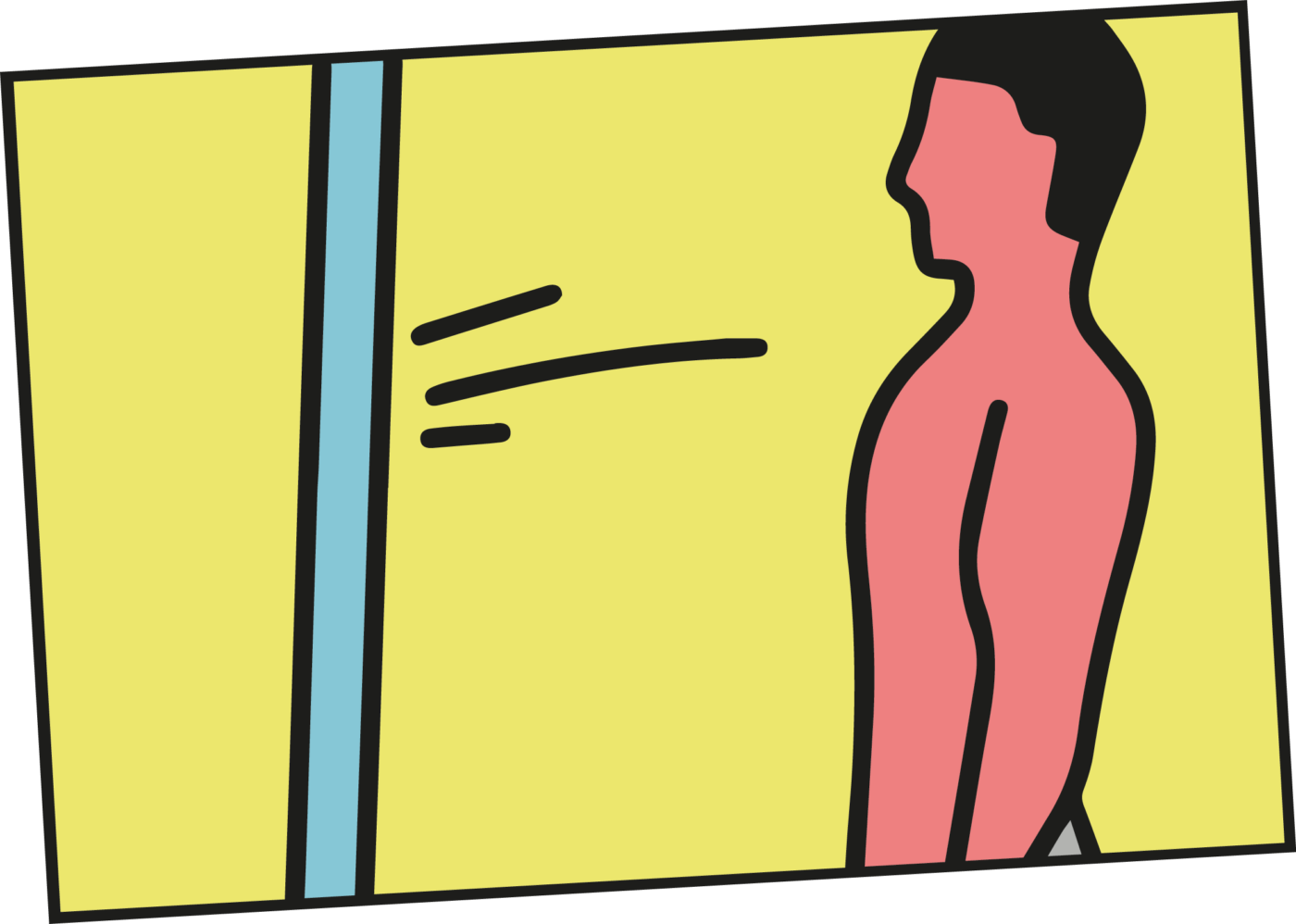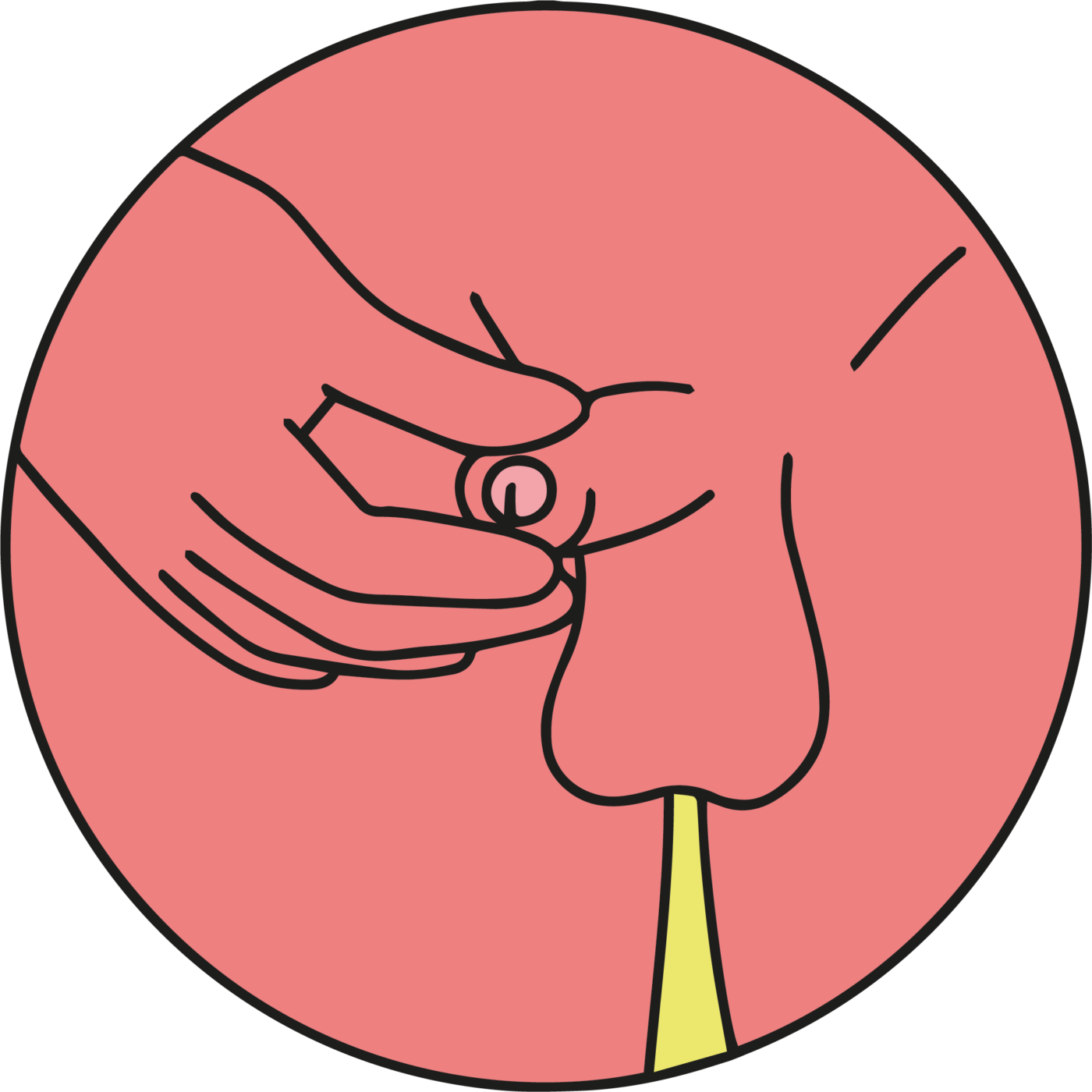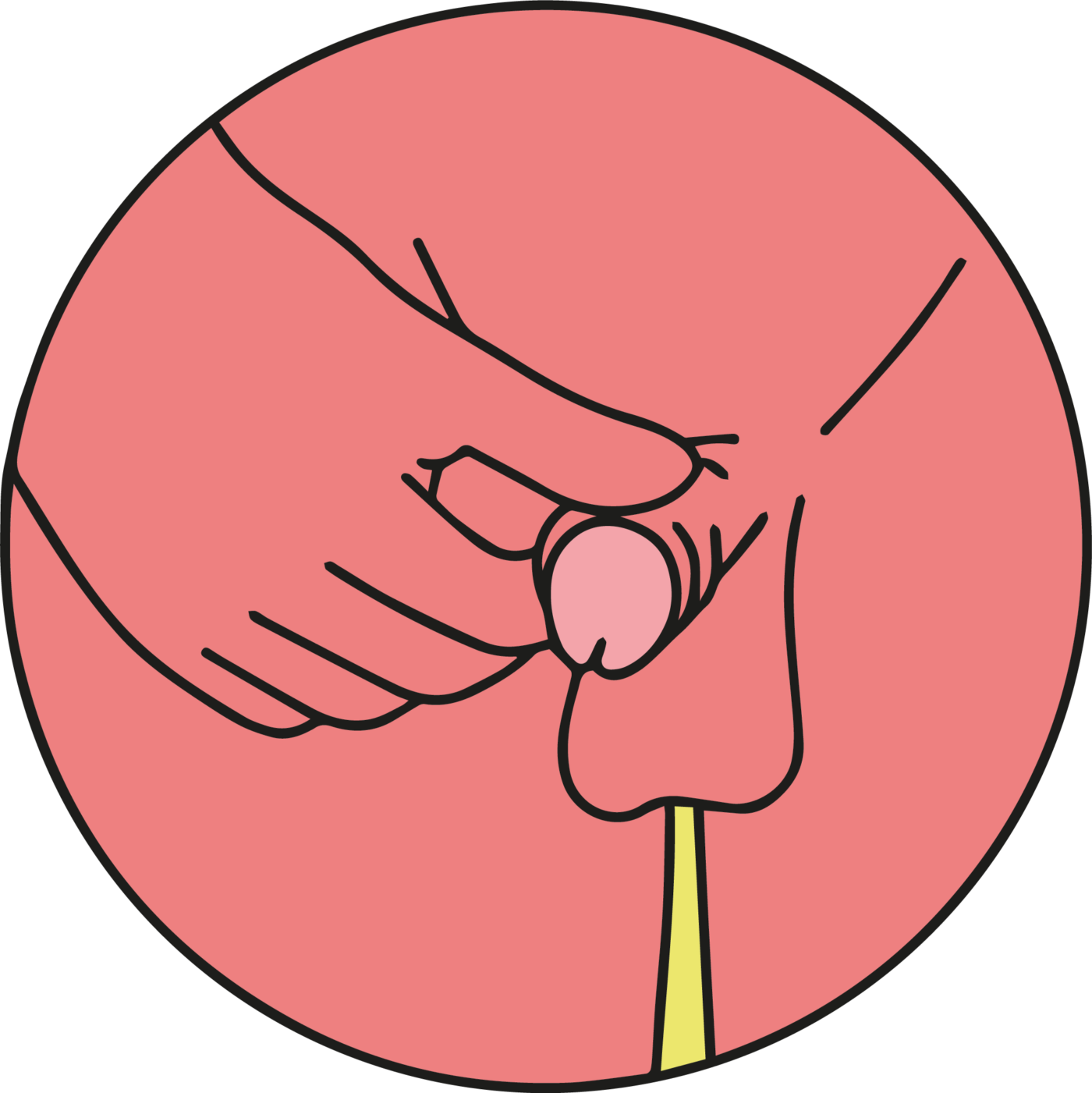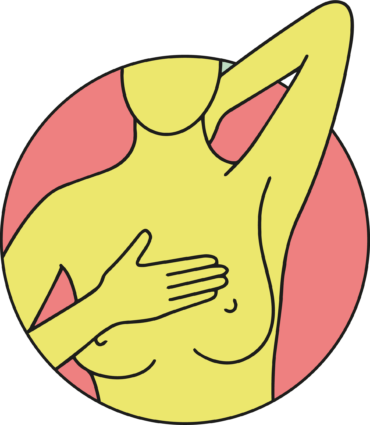From pubertyPuberty is the period when children grow into adults. Puberty involves many physical and emotional changes and is a very challenging time. onwards, you should examine your testiclesThe testicles are the male gonads in which sperm are produced. This production begins at puberty and continues until the end of life if the glands are intact. There are two testicles in the scrotum below the penis. One testicle is about the... once a month to prevent testicular cancer. If you notice anything unusual, contact your doctor.
You should take the following changes seriously:
- Pain or tendernessTenderness is a kind of love. It is a warm and friendly affection that people feel for each other. Tenderness is created from feelings of affection, sympathy and appreciation and can be shared in many different types of relationships. in the testicle
- Heaviness
- FluidFluid as a suffix for gender identities and sexualities expresses that the identity or sexuality is not fixed, but can change. Examples are genderfluid for a person whose gender identity changes. accumulation in the scrotumThe scrotum is a bit like a pouch that surrounds and protects the testicles. It can also contract and collapse to ensure the optimum temperature for spermatogenesis of 34.5°C. If it is too cold, the scrotum contracts so that the testicles ...
- DischargeDischarge is always a sign that something is wrong. However, various fluids and secretions come out of the vagina from different glands. A clear or white to yellowish fluid, known as cervical mucus, tells you where you are in your cycle, fo... from the penisPenis is another name for the penis and, together with the scrotum, is one of the external male sex organs. The penis consists of the shaft and the glans. The glans is the most sensitive part of the male body and is covered by a foreskin, u...
- Blood in the ejaculateEjaculation is the ejection of semen from the penis. The ejaculate is the corresponding fluid (seminal fluid) that is released during ejaculation (see semen). People with a vulva can also ejaculate a secretion during orgasm, which comes fro...



















